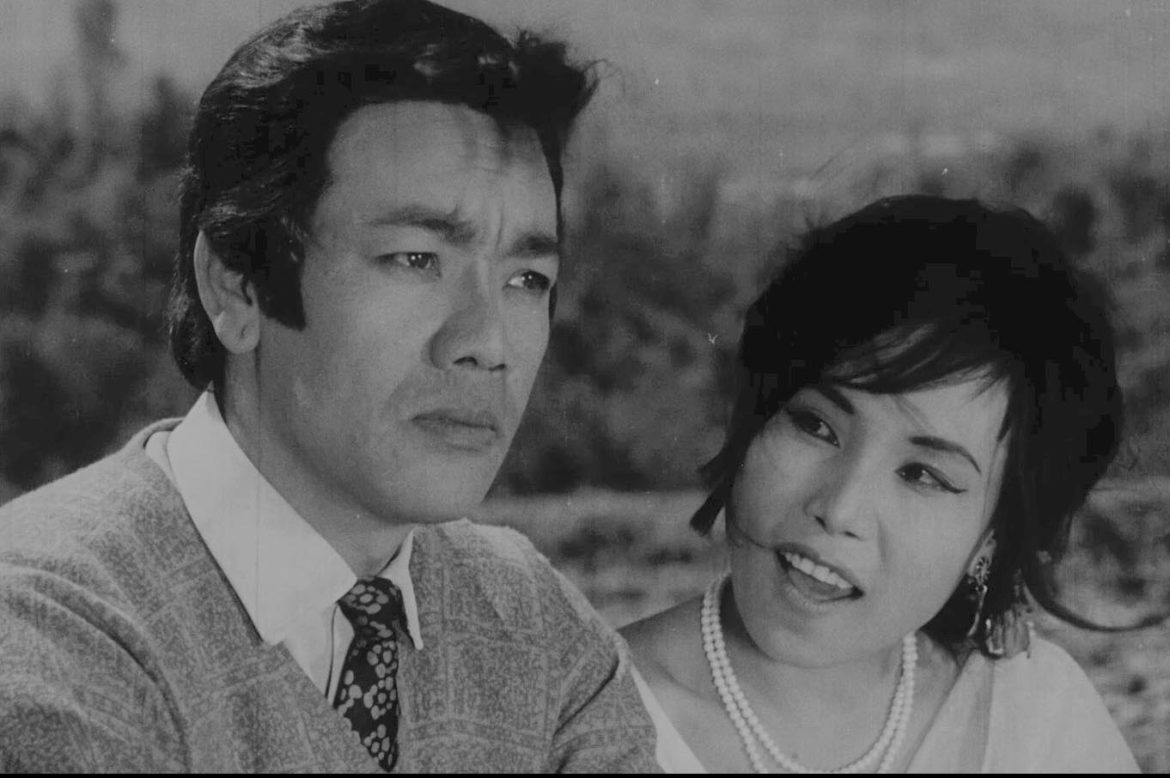Cinema often functions as a cultural mirror, reflecting societal norms, values, and transformations across time. From the early days of silent film to today’s digital era, movies have chronicled political upheavals, social revolutions, and shifts in cultural attitudes.
Advertisement
During the 1920s and 1930s, Hollywood’s golden age presented an idealized vision of American life—glamorous stars, aspirational narratives, and a focus on family values. These films often glossed over the harsh realities of the Great Depression, offering escapist fantasies to audiences that sought relief from economic hardship. As World War II approached, cinema’s role evolved: propaganda films such as Casablanca (1942) combined gripping narratives with patriotic messaging, reinforcing collective resilience and unity.

